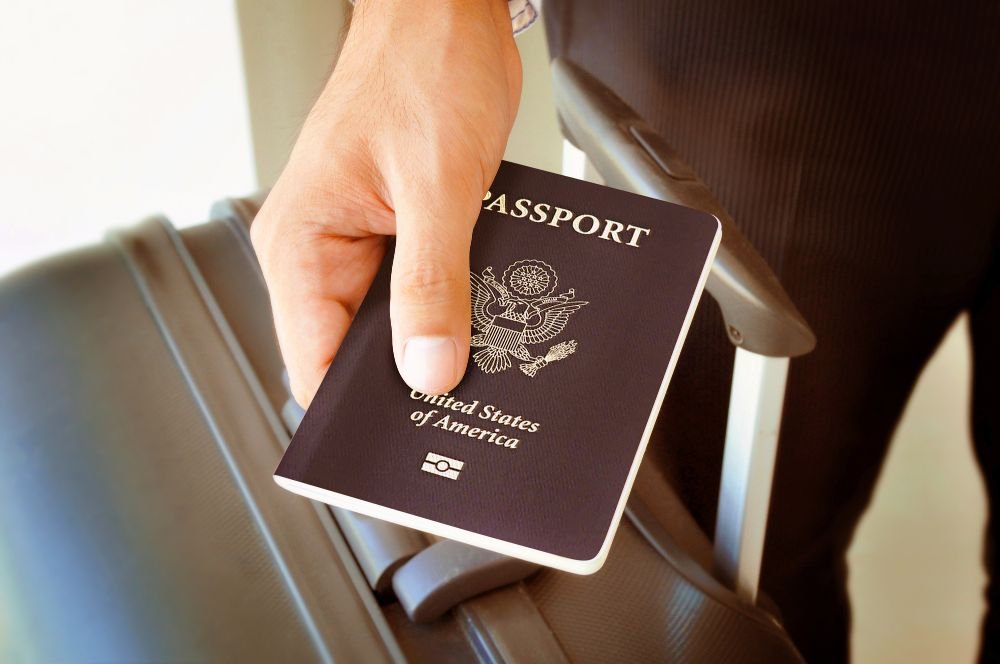Consular processing is a crucial step in obtaining a visa to enter the United States. It involves applying for a visa at a U.S. embassy or consulate abroad. While consular processing can be a straightforward process for some, others may encounter various challenges along the way. In this blog post, we will discuss some common challenges faced in consular processing and provide strategies to overcome them effectively.
1. Document Preparation
One of the primary challenges in consular processing is ensuring that all required documents are properly prepared. Each visa category has specific documentation requirements, and failure to submit the correct documents can lead to delays or even visa denials. To address this challenge, it is essential to carefully review the visa requirements and gather all necessary documents well in advance. Seeking professional assistance from an immigration attorney can also be beneficial in navigating through the document preparation process.
2. Eligibility Criteria
Meeting the eligibility criteria for a particular visa category can be another hurdle in consular processing. Visa officers thoroughly evaluate applicants based on factors such as intent to return to their home country, financial stability, and ties to the United States. To enhance your chances of approval, it is crucial to provide clear and compelling evidence of your eligibility. This may include documents such as employment contracts, property ownership, or letters of support from U.S. sponsors.
3. Language Barriers
Communication during consular interviews can become challenging if there is a language barrier between the applicant and the consular officer. While many U.S. embassies and consulates provide interpreters or translation services, it is advisable to improve your English language skills before attending the interview. Practicing common interview questions and seeking language assistance, if needed, can help ensure effective communication and increase the chances of a successful interview outcome.
4. Security Checks and Administrative Processing
Consular processing involves rigorous security checks and administrative processing, which can significantly prolong the visa application process. Applicants may experience delays due to the complexity of their case, background checks, or additional documentation requirements. While these processes are beyond an individual’s control, staying proactive and regularly following up with the embassy or consulate can help expedite the processing time.
5. Changing Immigration Policies
Immigration policies can undergo changes, affecting the consular processing procedures. New policies or executive orders may introduce additional requirements or restrictions, making the process more challenging. It is crucial to stay updated with the latest immigration news and consult with an immigration attorney who can provide guidance on the impact of these policy changes and adapt your application strategy accordingly.
6. Visa Denials and Reapplication
Visa denials can be disheartening, but it does not necessarily mean the end of the road. Understanding the reason for the denial and addressing any issues is crucial before reapplying. Consulting with an immigration attorney and seeking their expertise can help identify areas for improvement and strengthen your case. Taking the necessary steps to rectify the shortcomings and providing additional supporting documents can significantly increase your chances of success in subsequent visa applications.
7. The Role of Immigration Attorneys
The role of immigration attorneys in consular processing cannot be overstated. They bring a wealth of experience and expertise to the table, which can be instrumental in preparing successful visa applications.
By understanding the complexities of immigration law and consular processing, these professionals can navigate the system efficiently and advise on the best course of action. They can provide valuable insights into the application process, help prepare necessary documents, clarify any ambiguity in the visa guidelines, and represent applicants during consular interviews.
Furthermore, in the event of a visa denial, an immigration attorney can guide the next steps, helping applicants understand the reasons for the denial and making necessary improvements for future applications. Therefore, engaging the services of an immigration attorney can significantly increase the likelihood of a successful visa application.
In conclusion, consular processing can present several challenges that applicants need to address to successfully obtain a visa. By preparing the required documents accurately, meeting eligibility criteria, improving language skills, navigating security checks, staying informed about immigration policies, and learning from visa denials, individuals can overcome these challenges and enhance their prospects of a successful visa application. Seeking professional guidance and support throughout the process can be instrumental in achieving a positive outcome.
